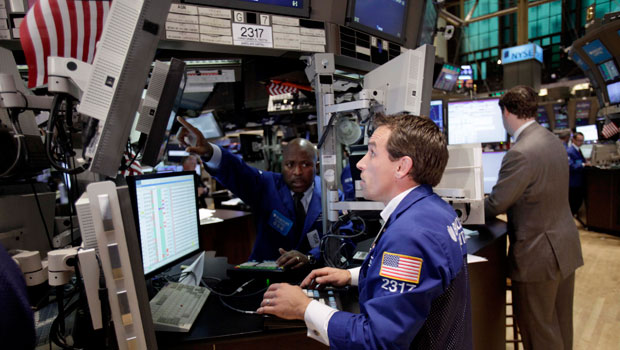They expected regional markets to keep a close eye in the coming weeks on any steps to be taken by European decision-makers to handle the worsening Greek debt problem, and at the same time to give due attention to the third quarter earnings of listed firms.
”I believe Arab markets, particularly in the Gulf region, will continue to be negatively affected by the failure of Europeans to come up with solutions to the sovereign debt ordeal,” Nizar Taher, chief of brokerage at the Jordan Ahli Bank, said.
”This is because many financial establishments in the Gulf area are closely connected with US and European banks and markets,” he said.
However, Taher and other analysts believed that the third quarter results, which are expected to start coming out next week, and the lavish spending of the governments of the Gulf Cooperation Council (GCC) member states would help trim losses that could be incurred by regional stocks as a result of the European debt crisis and predictions of a double-dip world recession.
Saudi stocks extended losses last week, led by the petrochemical sector, which stands to incur the biggest retreat as a result of any new phase of global stagnation.
The Tadawul All-Share Index (TASI) of the region’s largest bourse shed 0.5 percent on weekly basis, to close at 6,112.37 points.
”This is a safe area for investors and fund managers, who are apparently convinced that the present prices do not pose any risk to them and that they can move from here in either direction in response to any global developments,” Saudi analyst Mohammad Anqari said.
He believed that long-term investors would continue to watch any move by the Europeans to handle their financial crisis.
”Besides, the bet will not be on the third quarter results alone, but investors will prefer to await the annual results of listed firms” before deciding the composition of their portfolios for early 2012, Anqari said. He expected the huge spending of the Saudi government, thanks to the country’s marathon surplus petrodollars, would make up for any dramatic fall in oil prices due to dimming hopes of world recovery.
Kuwait’s KSE all-share price index plunged 1.4 percent last week, closing at 5,833 points.
The benchmarks of the United Arab Emirates stock exchanges of Dubai and Abu Dhabi also closed 1.9 percent and 0.9 percent in the red, closing respectively at 1,432 points and 2,533 points.
The UAE stocks suffered for the second week in a row due to sell-off by foreigners, who preferred to stay on the sidelines at this juncture of global turmoil, analysts said.
Qatar’s index shed 0.6 percent, closing week at 8,394 points, while Bahrain’s benchmark sank 6.3 percent on weekly basis, closing at 1,166 points, mainly due to the fallout from verdicts passed this week against Shiite opposition figures, analysts said.
Jordanian shares also lost fresh ground last week mainly due to the reference to the public prosecutor of fraud cases that were committed at some listed firms.
The all-share index of the Amman Stock Exchange (ASE) fell 2 percent last week, closing at a seven-year low of 1,992 points.
Egypt’s AGX 30 index, which measures the performance of the market’s 30 most active stocks, plunged 4.6 percent on weekly basis, closing at 4,137 points, mainly due escalating political turmoil.










